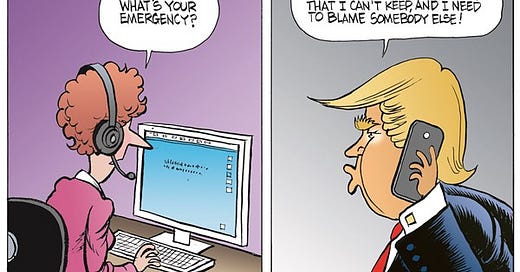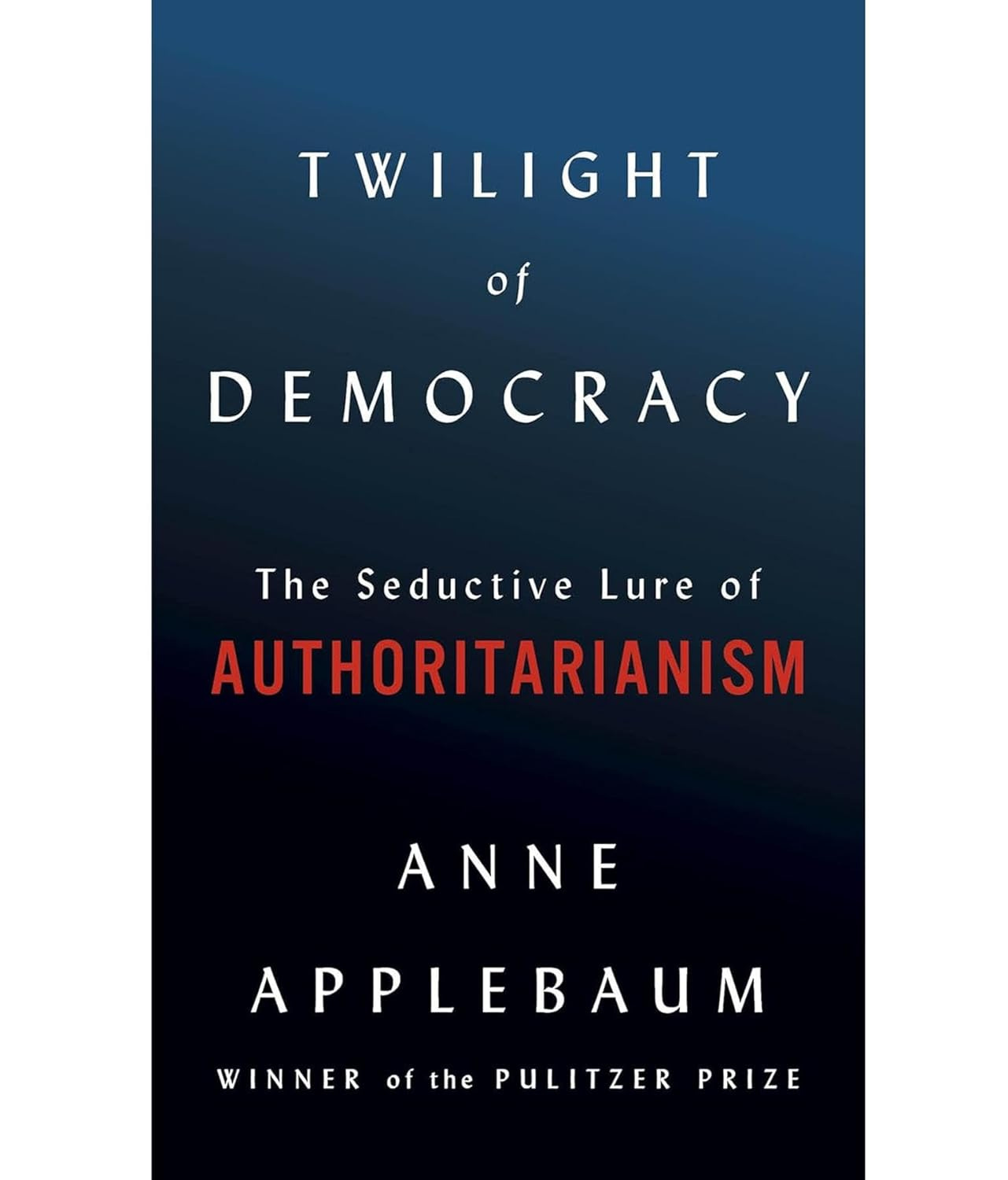“Though force can protect in emergency, only justice, fairness, consideration and cooperation can finally lead men to the dawn of eternal peace.”
Dwight D. Eisenhower
I don’t remember whether I read the whole book or not, but I certainly remember learning some of Aesop’s Fables. According to Wikipedia, ”Aesop's Fables, or the Aesopica, is a collection of fables credited to Aesop, a slave and storyteller who lived in ancient Greece between 620 and 564 BCE. Of varied and unclear origins, the stories associated with his name have descended to modern times through a number of sources and continue to be reinterpreted in different verbal registers and in popular as well as artistic media.”
We all know The Tortoise and the Hare, The Goose that Lay the Golden Eggs, etc.
And who can forget, The Boy Who Cried Wolf? The fable tells the story of a shepherd boy who repeatedly fools villagers into thinking a wolf is attacking his town's flock. When an actual wolf appears and the boy calls for help, the villagers believe that it is another false alarm, and the sheep are eaten by the wolf. The moral of story is pretty obvious… if you lie often enough, people don’t trust you to tell the truth.
It’s pretty clear after years of Gaslighting and his thousands of his blatant lies, including the whopper Big Lie, few other than his MAGA devotees, actually believe Trump is telling the truth. I think that might be why so many voters did not really pay attention to Trump’s campaign speeches during the 2024 campaign season and assumed he was spouting off his typical nonsense.
Which leads me to his emergency orders…
During a “national emergency,” a president's powers are significantly expanded through delegated authority from Congress. Specifically, the National Emergencies Act (NEA) allows the president to declare a national emergency, unlocking over 130 special authorities that would otherwise be unavailable. A national emergency is a situation in which a government is empowered to perform actions not normally permitted. The 1976 National Emergencies Act implemented various legal requirements regarding emergencies declared by the President of the United States.
As of April 2025, 90 emergencies have been declared; 41 have expired and another 49 are currently in effect, each having been renewed annually by the president.
The Act empowers the President to activate special powers during a crisis but imposes certain procedural formalities when invoking such powers. The perceived need for the law arose from the scope and number of laws granting special powers to the executive in times of national emergency. These powers are intended to facilitate a swift and decisive response to unforeseen crises, but they also raise concerns about potential misuse and the need for checks and balances. The National Emergencies Act allows the president to declare emergencies with nothing more than a signature on an executive order, and presidents can renew those emergencies every year ad infinitum. Congress can vote to end an emergency, but it effectively needs a veto-proof majority to do so. (source: Wikipedia - National Emergencies Act)
Typically national emergencies include things like “Declaration of National Emergency by Reason of Certain Terrorist Attacks.” George W. Bush issued this after the 9/11 attacks. It’s pretty interesting to see the types of things that are considered emergencies. List of national emergencies in the United States
Since January 20, 2025, #FOTUS has issued multiple executive orders declaring national emergencies across various policy areas. These actions have been used to implement significant changes in trade, border security, energy policy, and more.
Executive Order 14257 (April 2, 2025): Declared a national emergency under the International Emergency Economic Powers Act (IEEPA) to address persistent U.S. goods trade deficits.
Executive Order 14193 (February 1, 2025): Declared a national emergency to impose duties addressing the flow of illicit drugs across the northern U.S. border.
Executive Order 14194 (February 1, 2025): Declared a national emergency to impose duties related to the situation at the southern U.S. border, aiming to curb illegal immigration and drug trafficking.
Executive Order 14195 (February 1, 2025): Declared a national emergency to impose duties targeting the synthetic opioid supply chain originating from the People's Republic of China.
Executive Order 14156 (January 20, 2025): Declared a national energy emergency, directing federal agencies to utilize emergency authorities to facilitate the acquisition and exploitation of domestic energy resources.
Executive Order 14157 (January 20, 2025): Designated certain cartels and organizations as Foreign Terrorist Organizations and Specially Designated Global Terrorists, aiming to combat threats to national security.
Proclamation 10886 (January 20, 2025): Declared a national emergency at the southern border of the United States, citing threats from cartels and unvetted individuals.
Executive Order on Military Control of Border Lands (April 11, 2025): Authorized the U.S. military to assume control over federal lands along the U.S.-Mexico border to intensify border security and combat undocumented immigration.
Executive Order on Strengthening the U.S. Electric Grid (April 8, 2025): Issued to enhance the reliability and security of the U.S. electric grid in response to increasing electricity demand and capacity constraints.
Executive Order 14203 (February 6, 2025): Declared a national emergency to impose sanctions on the International Criminal Court, responding to its attempts to investigate U.S. personnel without consent.
These executive actions reflect the Trump administration's use of national emergency declarations to bypass Congress and exert a power grab. I find the use (abuse) of this executive power pretty alarming. You may remember he toyed with the idea of suspending the 2020 election due to a “national emergency.” One can only wonder what “national emergency” might be in store for us during the fall of 2026.
Trump has been crying wolf since January.
Actually, I think he is the wolf and the flock is in danger. Congress can terminate these ridiculous emergency declarations — if only they would.
Thought for the day in honor of his birthday…
"I understand all too well that you can make legislation but you can't legislate how people feel toward one another."
~ Jerry West
Must Read Article:
Trump's United States of Emergency
In his first 100 days, President Trump has declared more national emergencies — more creatively and more aggressively — than any president in modern American history.
Powers originally crafted to give the president flexibility in rare moments of crisis now form the backbone of Trump's agenda, enabling him to steamroll Congress and govern by unilateral decree through his first three months in office.
So far, Trump has invoked national emergencies to impose the largest tariffs in a century, accelerate energy and mineral production, and militarize federal lands at the southern border.
Paired with his assault on the judiciary, legal scholars fear Trump is exploiting loosely written statutes to try to upend the constitutional balance of power.
Quote of the day:
“If you have a large enough crisis incident, people could be frightened enough to say, ‘We can’t have Congress and the Supreme Court and the free press restraining the administration’s power.’ That’s how the United States could become a dictatorship.”
What I’m reading today…
The Authoritarian Playbook: Using Fear and Crisis to Gain Power in Italy and America
Strongman leaders thrive on crises, both real and manufactured, to justify extreme policies.
Current U.S. President Donald Trump–who has repeatedly declared immigration a national emergency and called for mass deportations–relies on similar tactics: fear mongering and creating crises to justify extremist actions. Ben-Ghiat pointed out that Trump’s rhetoric about immigrants as criminals and invaders is a modern reflection of fascist-era propaganda.
“Day one of Trump, he said, ‘I’m going to be a dictator on Day One,’” Ben-Ghiat said. “What does he do on Day One? He declares a state of emergency over immigration at the border.”
By framing immigration as an existential threat, leaders like Trump and Meloni gain public support for policies that might otherwise be seen as extreme, such as mass deportation, she said.
White House stunned as Hegseth inquiry brings up illegal wiretap claims
The White House has lost confidence in a Pentagon leak investigation that Pete Hegseth used to justify firing three top aides last month, after advisers were told that the aides had supposedly been outed by an illegal warrantless National Security Agency (NSA) wiretap.
The extraordinary explanation alarmed the advisers, who also raised it with people close to JD Vance, because such a wiretap would almost certainly be unconstitutional and an even bigger scandal than a number of leaks.
How the President Is Misusing Emergency Powers to Impose Worldwide Tariffs
Emergency powers are designed to let a president respond swiftly to sudden, unforeseen crises that Congress cannot act quickly or flexibly enough to address. Presidents can rely on these powers to create temporary fixes until the crisis passes or Congress has time to act. Emergency powers are not meant to solve long-standing problems, no matter how serious those problems may be. Nor are they intended to give a president the ability to bypass Congress and act as an all-powerful policymaker.
Saying Trump exceeded his authority, 12 states ask court to strike down his sweeping tariffs
Twelve states urged a federal court to strike down President Donald Trump’s sweeping taxes on imports, saying he had exceeded his authority, left U.S. trade policy dependent on his whims and unleashed economic chaos.
They are challenging tariffs that Trump imposed last month on most of the countries in the world in an effort to reverse America’s massive and longstanding trade deficits. They are also targeting levies the president had earlier plastered on imports from Canada, China and Mexico to combat the illegal flow of immigrants and the synthetic opioids across the U.S. border.
A three-judge panel of the U.S. Court of International Trade in New York on Wednesday heard arguments in the states’ case. Last week, the trade court held a hearing in a similar challenge to Trump’s tariffs brought by five small businesses.
Trump Has Issued 8 “National Emergencies” Since Reentering the White House
Trump has declared 21 national emergencies across his two terms so far — more than any other president this century, as the eight he announced this year, combined with the 13 he declared during his first four-year term, amount to 35 percent of all national emergencies declared by the four presidents since 2001. The next highest number of emergencies declared came from former President George W. Bush, who issued 16 such orders over the course of eight full years in office.
Trump accuses judges of being illegitimate obstacles to safety and democracy
Many of Trump’s more than 150 executive orders, including one aimed at eliminating the Department of Education, have been blocked by injunctions and lawsuits.
When a majority of Supreme Court justices ruled on May 16, 2025, that the Trump administration could not deport a group of Venezuelan immigrants without first giving them the right to due process in court, Trump attacked the court.
“The Supreme Court of the United States is not allowing me to do what I was elected to do,” Trump wrote on Truth Social. “This is a bad and dangerous day for America!” he continued in the post.
Trump has declared a 'national energy emergency.' What does that mean?
In the order, Trump directed heads of departments and agencies to recommend how federal eminent domain or the Defense Production Act might be used to facilitate energy production, as well as to consider how emergency provisions of the Clean Water Act or Endangered Species Act could support energy projects. He also raised the possibility of issuing emergency waivers to allow fuel with a higher percentage of ethanol to be sold year-round.
The forgotten book that foretold Trump’s power grab
In May 2015, prominent right-wing intellectual Charles Murray published a book calling on the superrich to fund an American rebellion against their government.
Titled By the People: Rebuilding Liberty Without Permission, the book argued that the growth of the regulatory state was worse than dangerous: It was an existential threat to the American way of life. For this reason, federal authority had become fundamentally illegitimate. The normal political process — most notably elections — was hopelessly compromised, to the point where no candidate promising to roll back the size of the state could hope to win.
The best solution, in Murray’s eyes, was for wealthy donors to fund a legal defense designed to facilitate a mass campaign of civil disobedience against the regulatory state. This so-called Madison Fund would defend people accused of noncompliance in court and pay any assessed fines if they lose. With enough donations, the Madison Fund could ensure that nearly anyone could disobey regulations with impunity.
Hegseth Restricts Press Access at Pentagon, Says Journalists Will Be Required to Sign Pledge
The Pentagon will also require reporters to sign a document pledging to protect "sensitive information," likely setting up situations where unfavorable reporting involving documents could be used as pretense to strip journalists of access to the building. The move is just the latest in a series of restrictions on press access inside the Defense Department that began with booting legacy press outlets from their workspaces inside the Pentagon and then escalated to closing the press briefing room to reporters.
What I’m listening to…
Donald Trump keeps declaring national emergencies. Why?
Today, Explained wanted to understand why Trump is so keen to tap these powers to achieve his agenda, so we called up Elizabeth Goitein. She’s a senior director at the Brennan Center for Justice and an expert on presidential emergency powers.
A book I recommend…
Twilight of Democracy: The Seductive Lure of Authoritarianism by Anne Appelbaum
In Twilight of Democracy, Anne Applebaum, an award-winning historian of Soviet atrocities who was one of the first American journalists to raise an alarm about antidemocratic trends in the West, explains the lure of nationalism and autocracy. In this captivating essay, she contends that political systems with radically simple beliefs are inherently appealing, especially when they benefit the loyal to the exclusion of everyone else.









